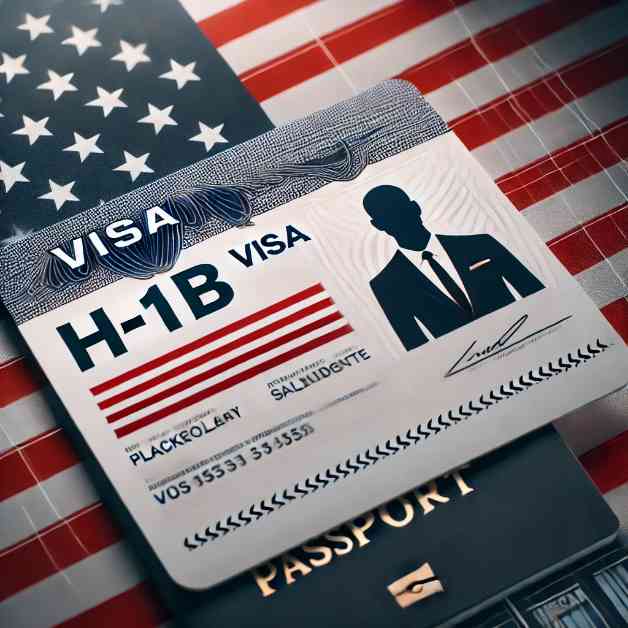Amazon, Infosys, Google, Accenture, and many other major companies have historically been at the forefront of sponsoring H-1B visas for foreign workers in specialized fields like technology, engineering, and consulting. Despite the important role these workers play in driving innovation and filling critical skills gaps, there are ongoing debates surrounding wage suppression, job displacement for U.S. workers, and disparities in treatment.
Top H-1B Visa Sponsors and Their Impact
Amazon, known for its dominance in tech and engineering, sponsors an average of 3,000-6,000 H-1B visas per year. The company has faced scrutiny over its employment practices, particularly regarding wage suppression for H-1B employees. However, Amazon emphasizes its commitment to diversity and competitive compensation.
Infosys, a major IT consulting firm, sponsors an average of 5,000-10,000 H-1B visas annually. While Infosys brings in a large number of foreign workers to meet tech talent demands, it has been criticized for outsourcing jobs and allegedly displacing American workers. The company defends its actions by highlighting the need for skilled workers for global projects.
Challenges Faced by Sponsoring Companies
Tata Consultancy Services (TCS), another leading IT services firm, sponsors an average of 10,000-15,000 H-1B visas yearly. TCS has faced legal challenges related to its labor practices, including accusations of displacing U.S. workers with lower-paid foreign employees.
Cognizant Technology Solutions sponsors 8,000-12,000 H-1B visas annually for IT and consulting roles. Similar to other Indian IT firms, Cognizant has been accused of using H-1B workers to undercut U.S. labor markets, especially in the tech industry.
Impacts on U.S. Labor Market
The H-1B visa program has been essential for companies like Accenture, Google, Microsoft, IBM, and Apple to fill specialized roles in management consulting, AI, software development, and cybersecurity. These companies have faced varying levels of criticism related to their hiring practices, with concerns about wage suppression, job displacement, and unequal treatment of H-1B workers.
Overall, the debate surrounding H-1B visa sponsorship by major companies underscores the complex interplay between talent acquisition, market demands, and labor practices. While these companies argue that foreign workers are crucial for driving growth and innovation, questions about fairness, equity, and the overall impact on the U.S. labor market persist. As the landscape of work continues to evolve, finding a balance between talent needs, regulatory policies, and ethical considerations remains a delicate challenge for both employers and policymakers.













